Having lived in a rural Maasai community for ten years, I was continually looking for another cultural idea, symbol or ceremony that would naturally connect to the Bible and its truths. Sometimes it was easy, like teaching shepherds about Jesus as the Good Shepherd. To new believers needing to learn about the tithe, we talked in terms of giving 1 goat for every 10 born.
Other times it didn’t go so well. Teaching moderation to people not well practiced in self-control came across as approval to get drunk. For awhile we were known as The Easy Church because people felt they could accept our easy teaching and still keep all their Maasai culture. Our acculturation efforts were not leading to transformed lives. In time we learned, together with the Maasai believers, how to present His Word full of Grace and Truth that would challenge the dark areas of their culture. The number of lives being transformed increased at a faster pace.
As more Maasai believers grew in their faith, they were faced with cultural questions that only they could answer. Should they still attend certain ceremonies? What rites of passage practices could still be observed? What meanings did their jewelry and amulets have? What about polygamy? They were not unified on how to respond.
Our missionary team decided to host a culture seminar for these Maasai Christian leaders, and asked them to come prepared to answer two questions:
What cultural practices can we continue as Maasai followers of Christ?
What cultural practices must we stop participating in?
The missionaries sat in the back of the room the whole week, and listened to the many issues they brought to the floor.
After the week was over, I looked at my notes and noticed one principle that would cover everything they decided:
Anything you put faith in, hope in, or pray to above God must be stopped, or put under the Lordship of Christ.
That principle works everywhere around the world, in any culture, any time in history. When this principle is not at work, idolatry is present. Faith and hope are put in things, government, money, humankind and our own wisdom – above God. Romans 1 gives a grim picture of what society can look like when people head down this path as people’s minds become “dark and confused.” (verse 21)
Having lived in a dark and confused culture, the Maasai believers knew there needed to be change. They met together, prayed regularly throughout that week, and had honest discussions on their culture. The end result was a more purified Kingdom culture within their society. Another result was affirmation of good things within Maasai society that fit very well with living the Christian life. It showed God’s presence was with them all along.
Ask yourself, your family and your faith community what you put your faith in, hope in, or pray to. Where do things seem dark and confused? Turn to the Scriptures and seek God in prayer. Remove the idols He reveals and purify your faith in Christ.
Til next week,
Dan

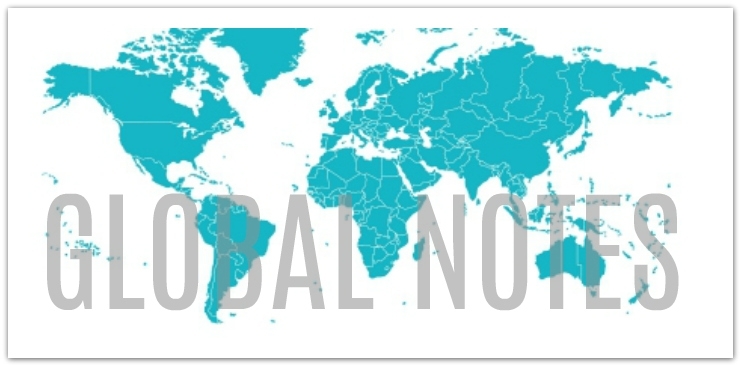
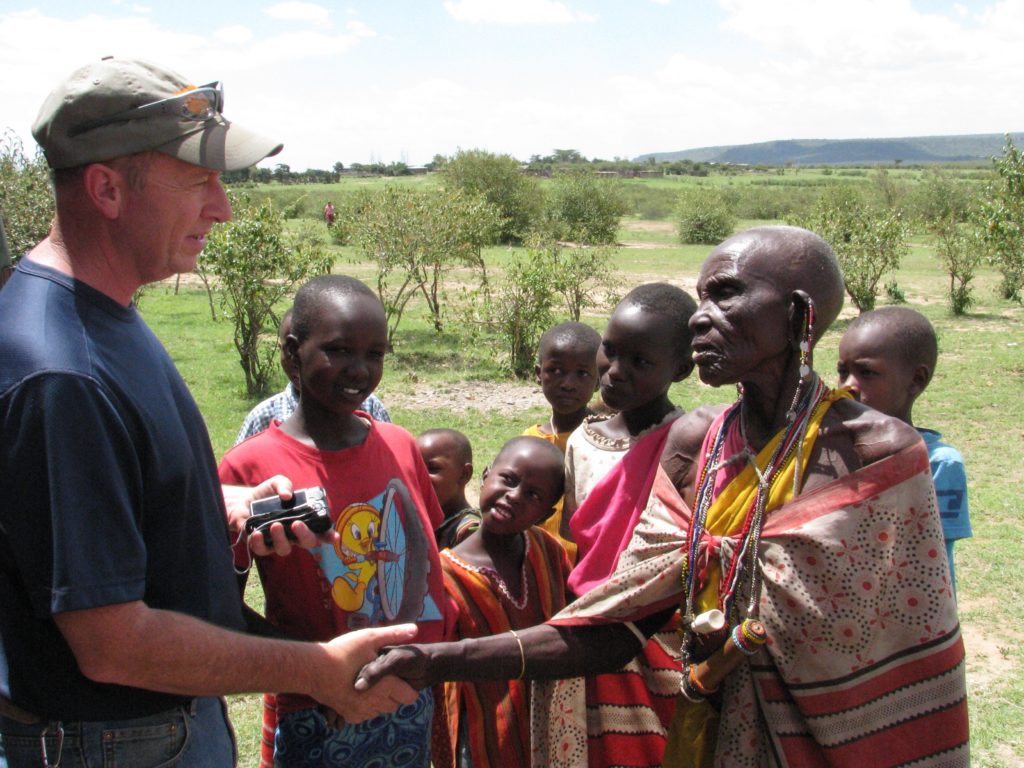
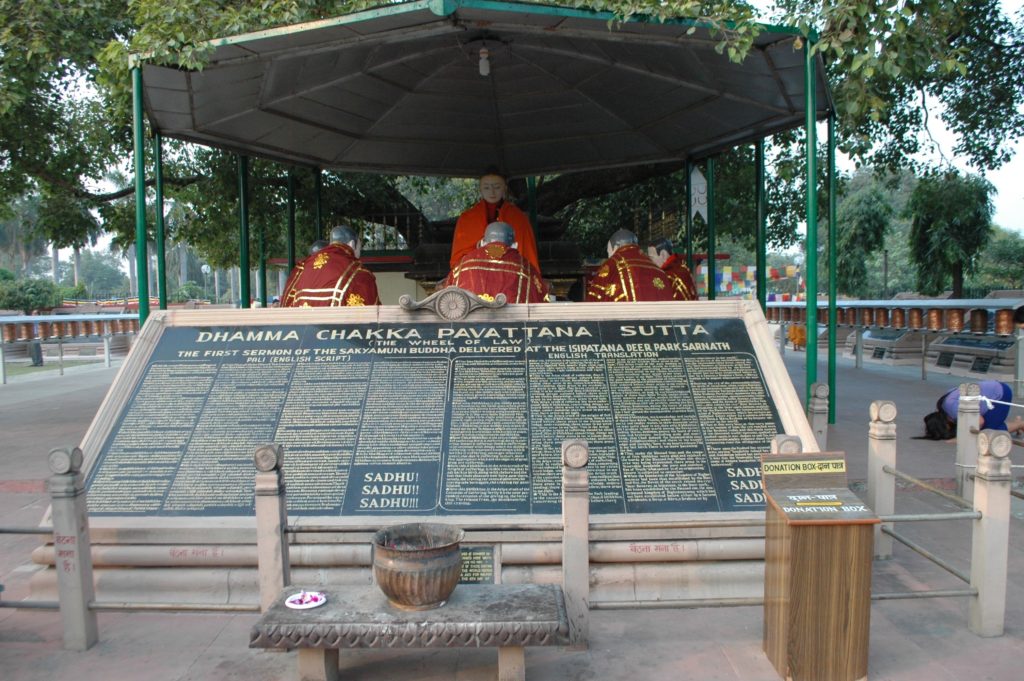
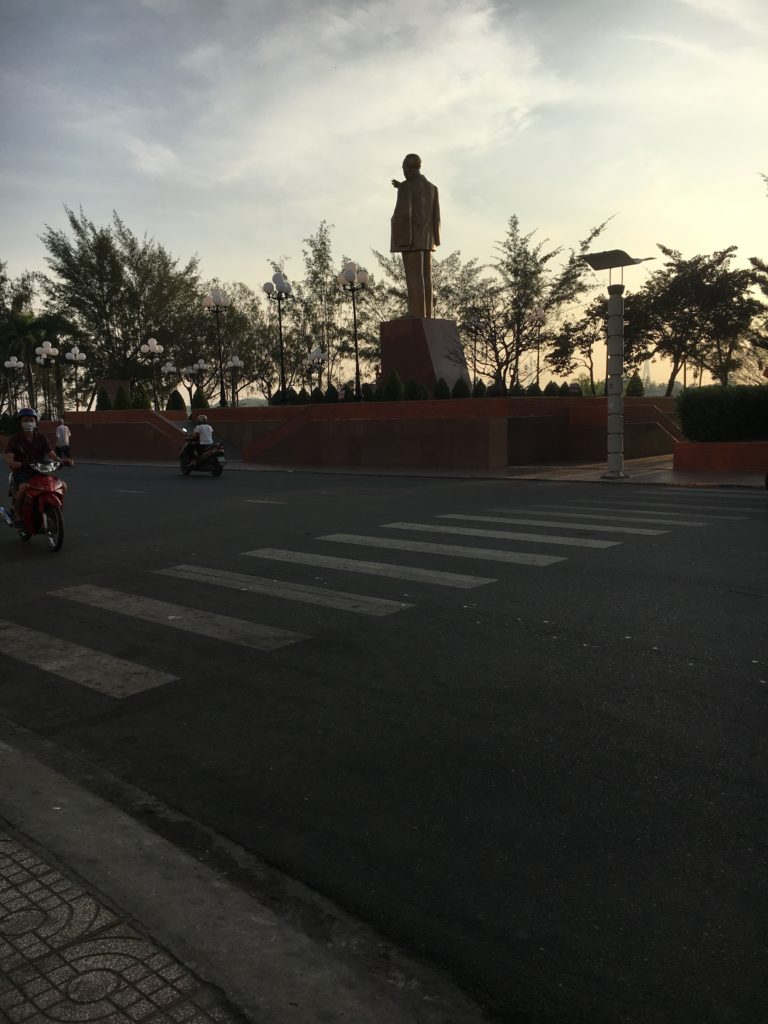
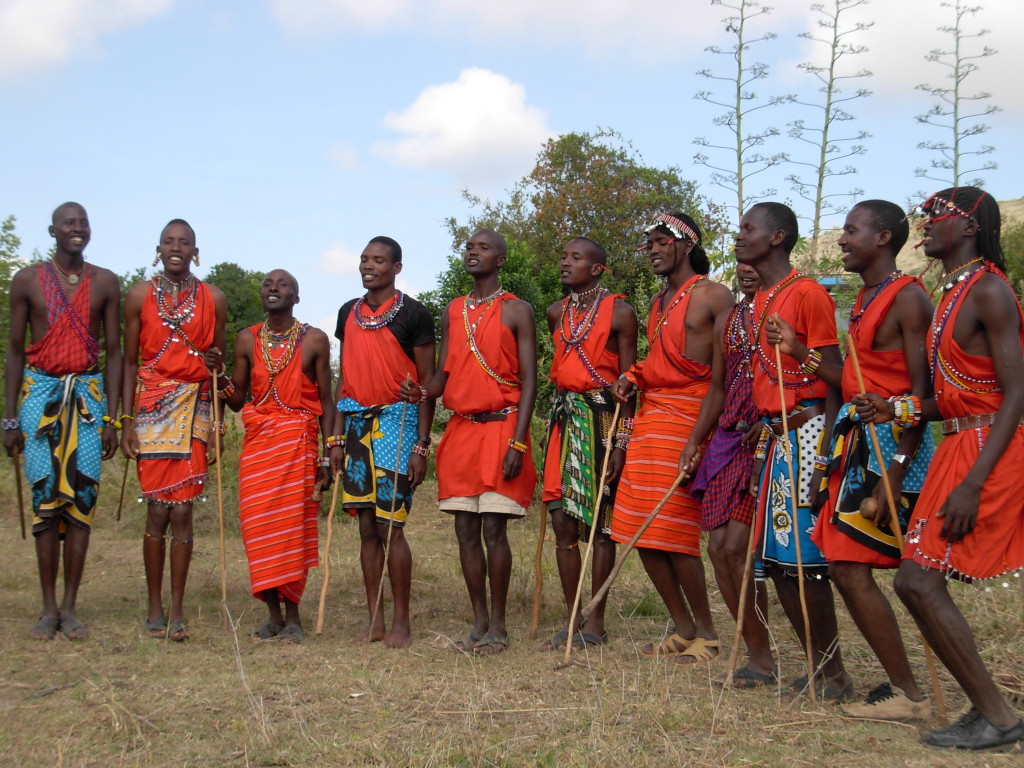
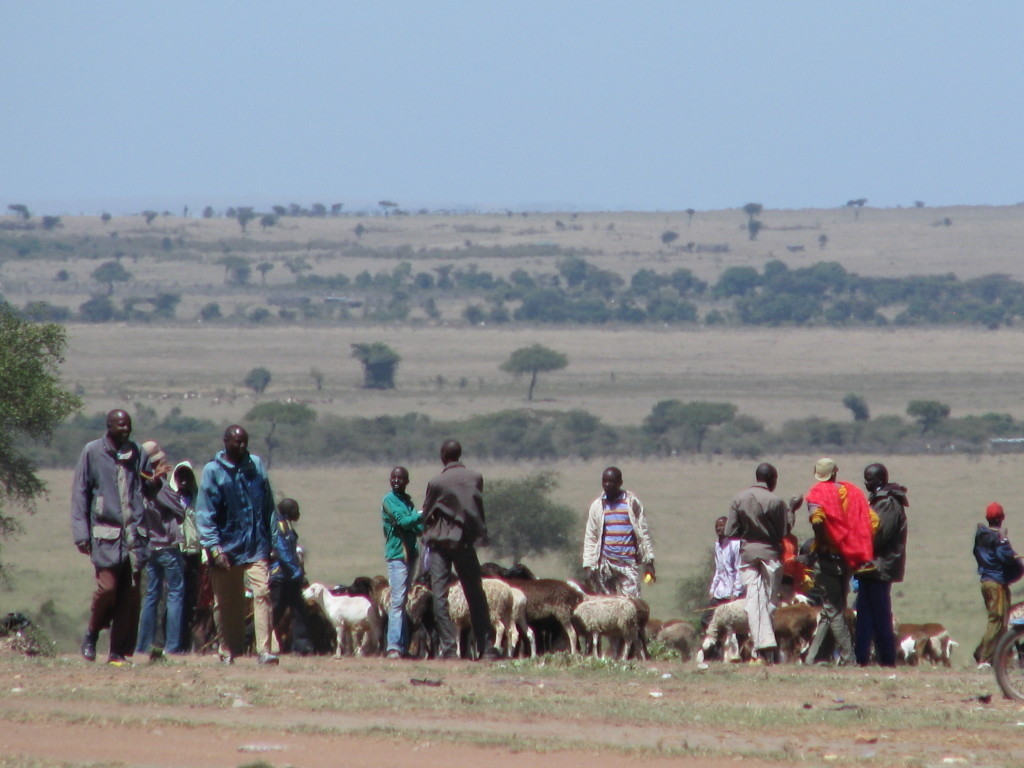






Excellent blog with great, practical, biblical advice, Dan.
I recognized that second picture!
Beautiful. Great for all believers.